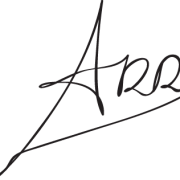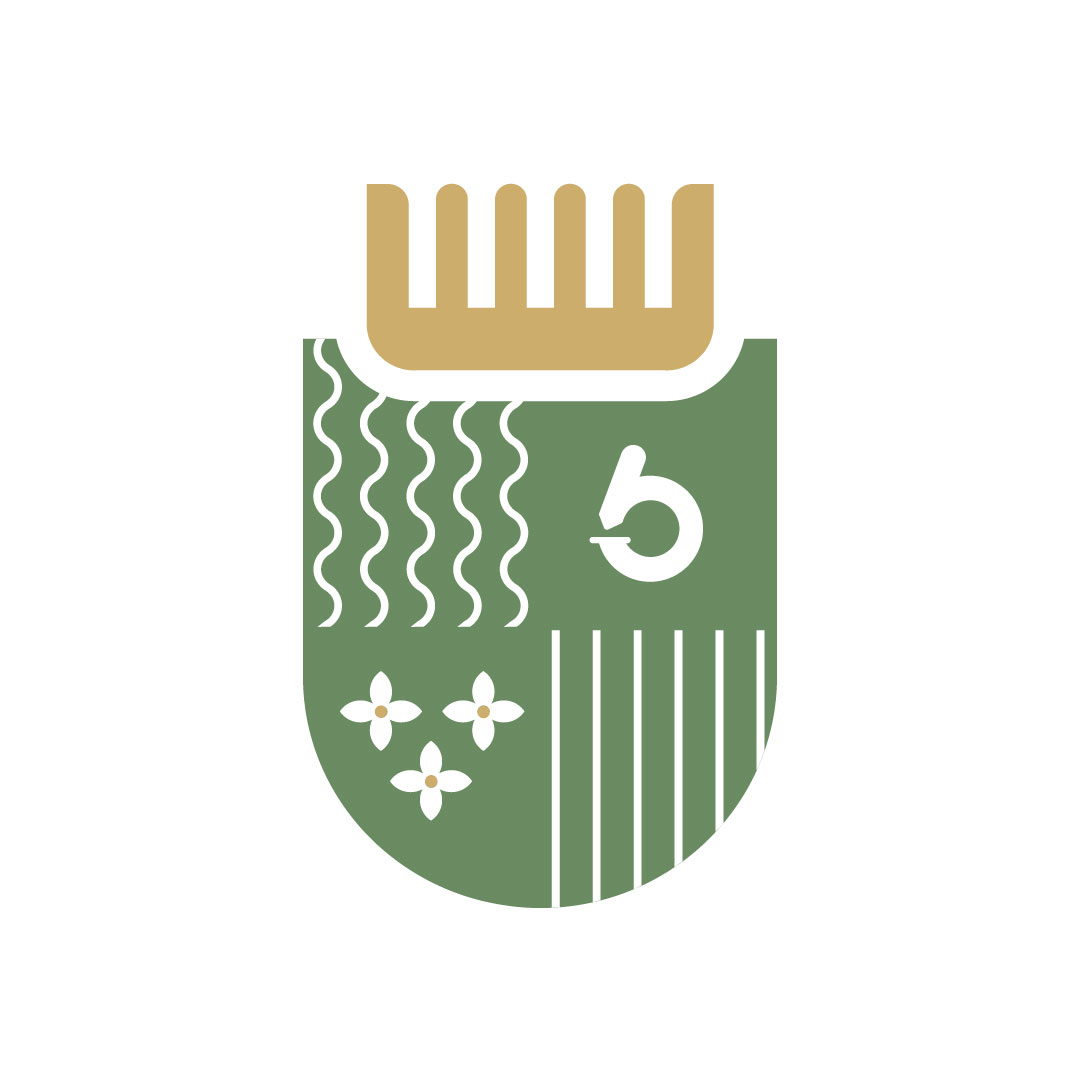The 7 Most Important Minerals for Healthy Hair
“If proteins are the bricks of life, minerals together with vitamins are the cement that give strength and union to the structure.”
The importance of minerals for healthy hair
There are already enough dermatological clinical studies that show the usefulness of minerals for the repair of different problems related to the good state of hair and skin.
Just as an example, a deficiency of copper in the hair in the hair, (Menke’s syndrome) produces defects in the production of keratin in the hair causing weaker and finer hair and if it is not corrected, hair loss occurs.
The main reasons why mineral imbalances occur:
1.- An inadequate diet (such as excessive consumption of refined carbohydrates).
2.- Take vitamins and or minerals that are not compatible with current body biochemistry.
3.- Medications, contraceptives and stress.
4.- The accumulation of toxic metals from the environment, work or our hobbies.
5.- Inheritance of mineral patterns of parents.
Low levels of these 7 minerals shows down the formation of new hairs and these come out very thin and weak.
1. Selenium:
Its main characteristic is Antioxidant,Selenium limits oxidative damage (ROS reactive oxygen species) in the collagen and elastin of the matrix where the hair is born and grows.
it helps to delay cell aging, works in symbiosis with vitamin E to help improve blood circulation and thus nourish hair follicles better.
Selenium is able to prevent the appearance of dandruff and
remove it when it is present in our hair. An excess of dandruff is a very important factor in hair loss, in addition to shaving the appearance of the person who suffers it and causing itchy scalp.
2. Zinc:
Zinc has the ability to repair or heal different skin and hair problems as well as dermatitis and excess oil in hair and scalp thanks to its anti-inflammatory properties. Zinc, participates together with Vitamin A in the synthesis of collagen and the elastin providing elasticity to the skin and hair.
The deficit of this mineral can cause hair loss.
White spots on the nails, fragile and dry hair that breaks easily, are signs of a zinc deficiency.
Humans have approximately 2.5 g. Zinc in our body, the only mineral element that exceeds this amount is Iron.
Zinc Against Free Radicals
Zinc is antirradical, it can displace other more harmful metals such as copper and iron that produce free radicals (ROS) and Zinc is not capable of generating radicals because it does not suffer redox activity.
We need 15mg daily of this mineral to stay healthy and our hair too.
3. Organic Silicon
It is another of the essential minerals to maintain healthy and strong hair. Organic Silicon next to Zinc is essential in the synthesis / formation of collagen, especially the scalp cell matrix, where hairs are born.
It maintains the hydration of the skin and hair thanks to its union with proteins and super moisturizing agents such as mucopolysaccharides.
Anti-inflammatory action
In vivo studies show that organic Silicon inhibits local leukocyte infiltration and the appearance of erythema and edema due to inflammation.
Anti oxidant action
It is also known to act as an anti-oxidant to actively prevent the acceleration of premature aging.
Anti Age Action
Organic Silicon strengthens the cells of the epidermis making them more resistant to attack by free radicals and therefore to premature cell aging.
4. Sulfur:
Sulfur, besides being an important mineral, is part of the hair composition. Strengthens hair and promotes growth.
Sulfur creates the conditions for hair to be curly, wavy or straight.
The different concentrations of sulfur are responsible for curly hair (high concentration) wavy (medium concentration) or smooth (low concentration) sulfur in Caucasians and Asians.
Sulfur exerts an antiseborrheic action and helps in the formation of keratin in the hair, calms skin allergies and itchy scalp, helps eliminate toxins that accumulate in the skin, reduces acne.
5. Copper:
Copper, essential for the formation of the color of our hair.
Copper is vital the production of melanin conferring the natural color of our hair, skin and eyes.
Copper and grey hair
Copper and its function against gray hair or gray hair
Insufficient copper in the diet can have consequences that range from gray hair or gray hair prematurely
Sulfur helps in the creation of the proteins responsible for the formation of keratin for the growth of hair and nails.
Its antioxidant activity repairs cell damage due to the production of reactive oxygen molecules (ROS).
6. Magnesium:
Magnesium is essential for energy production (ATP) and in
the formation and growth of the skeleton, nails and hair.
Helps at a correct speed of hair growth and reduce its fall, magnesium deficiency causes inflammation in the roots and raises the concentration of calcium in the hair follicles. This increase in calcium in the scalp reduces blood flow to the hair follicles, decreasing the supply of nutrients.
It contributes to the maintenance of the shine and vitality of the hair, participates in the supply of nutrients to the scalp, promoting stronger and brighter hair.
Magnesium deficiency slows hair growth.
7. Iron:
Hair loss due to low iron levels due to anemia is largely due to iron being an essential component of an enzyme called ribonucleotide reductase that helps cell growth.
Iron strengthens the hair, making it less fragile. Iron deficiency – is a frequent phenomenon, which is accompanied by hair loss, leading to baldness.
In addition, the lack of iron causes the facial skin, complexion, to be paler due to a decrease in hemoglobin.
Optimum levels of these minerals can be maintained by eating a varied diet without having to consume supplements.
Almu Rodriguez
Pharmacist
Hairwise







